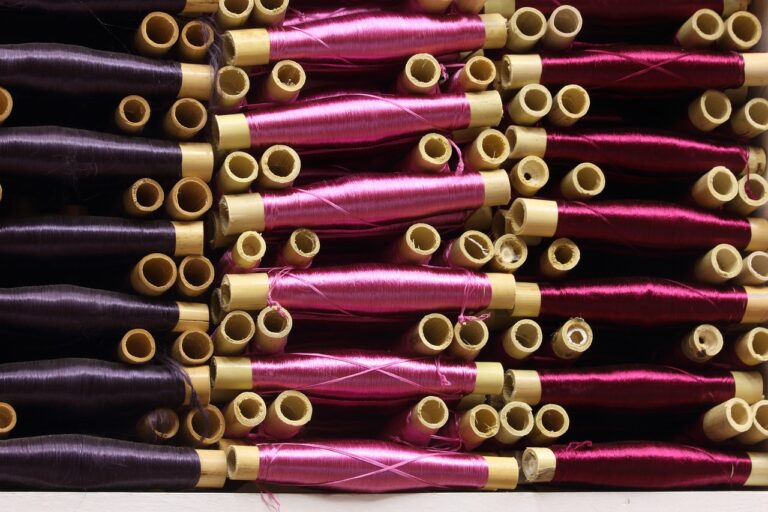Exploring the Role of Ethical Sourcing in Instrument Manufacturing
11xplay online, indiabet24, skyfairvip: Exploring the Role of Ethical Sourcing in Instrument Manufacturing
When it comes to manufacturing musical instruments, ethical sourcing plays a crucial role in ensuring that the materials used are obtained in a responsible and sustainable manner. From the wood used to make guitars to the metals used in wind instruments, ethical sourcing practices are essential to protect the environment, support local communities, and uphold ethical standards in the manufacturing process.
The demand for musical instruments has been on the rise, leading to increased pressure on suppliers to meet the needs of manufacturers. This has raised concerns about the sourcing practices used to obtain raw materials for instrument making. With the spotlight on sustainability and ethical practices, manufacturers are now taking a closer look at their supply chains to ensure that they are sourcing materials responsibly.
Ethical sourcing in instrument manufacturing involves sourcing materials from suppliers who adhere to ethical standards, such as fair labor practices, environmental sustainability, and social responsibility. This means ensuring that materials are sourced from suppliers who treat their workers fairly, pay them a living wage, and provide safe working conditions. It also involves sourcing materials that are harvested or mined in a sustainable manner, without harming the environment or local communities.
The Role of Ethical Sourcing in Instrument Manufacturing
1. Protecting the Environment: Ethical sourcing helps protect the environment by ensuring that materials used in instrument manufacturing are obtained in a sustainable manner. This includes using wood from responsibly managed forests, recycled metals, and other sustainable materials.
2. Supporting Local Communities: By sourcing materials ethically, manufacturers can support local communities and economies. This includes working with suppliers who provide fair wages and support local initiatives that benefit the community.
3. Upholding Ethical Standards: Ethical sourcing helps manufacturers uphold ethical standards in their supply chains. By working with suppliers who adhere to ethical practices, manufacturers can ensure that their products are made in a responsible and ethical manner.
4. Promoting Transparency: Ethical sourcing promotes transparency in the supply chain, allowing manufacturers to trace the origins of materials used in their instruments. This helps manufacturers ensure that their products are made with ethically sourced materials.
5. Building Trust with Customers: Ethical sourcing can help manufacturers build trust with customers who are increasingly concerned about where their products come from and how they are made. By promoting ethical sourcing practices, manufacturers can demonstrate their commitment to sustainability and social responsibility.
6. Driving Innovation: Ethical sourcing can also drive innovation in instrument manufacturing by encouraging manufacturers to find new and more sustainable materials for their products. This can lead to the development of new technologies and processes that benefit both the environment and the industry as a whole.
FAQs
Q: What are some examples of ethically sourced materials used in instrument manufacturing?
A: Some examples of ethically sourced materials include FSC-certified wood for guitars, recycled metals for brass instruments, and sustainable bamboo for wind instruments.
Q: How can consumers ensure that the musical instruments they purchase are ethically sourced?
A: Consumers can research the brands they are buying from, look for certifications like the Forest Stewardship Council (FSC) for wood products, and ask about the sourcing practices of the manufacturer.
Q: What are some challenges faced by manufacturers in implementing ethical sourcing practices?
A: Some challenges include finding suppliers who meet ethical standards, ensuring that materials are sourced sustainably, and balancing cost and ethical considerations in the manufacturing process.
In conclusion, ethical sourcing plays a vital role in instrument manufacturing by promoting sustainability, supporting local communities, upholding ethical standards, and building trust with customers. By prioritizing ethical sourcing practices, manufacturers can contribute to a more sustainable and responsible industry while producing high-quality instruments that resonate with consumers.







